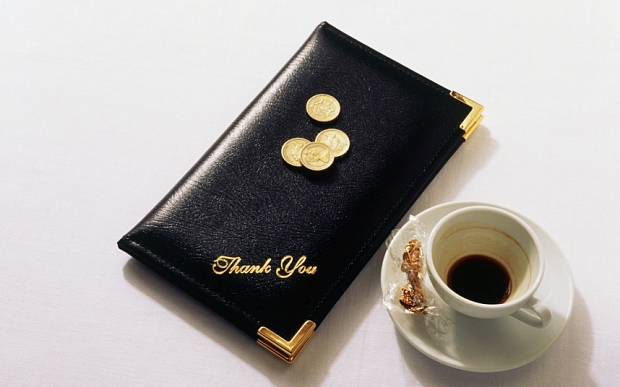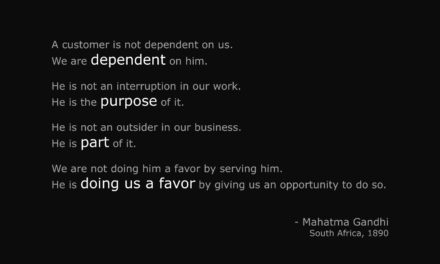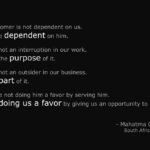And no……………….. I am not talking about Malcolm Gladwell’s award winning book The Tipping Point that talks about the tipping point, being that magic moment when an idea, trend, or social behavior crosses a threshold, tips, and spreads like wildfire, that has dramatically changed the way people worldwide think about business development and idea publishing.
I am talking about a different tipping point…………..
Last night we went out to dinner at Peppers Restaurant in Westlands Nairobi with a group of guests from China. One of my clients was hosting their publishing partners who had come visiting them as a major customer. We were a group of eleven people in total. After an excellent dinner which was an interesting combination of Indian, Chinese and African, that the guests were delighted with, my colleague Jane paid the bill using the assigned float that she had carried.
When the waiter returned her change and she was counting it to ensure it was correct given that she would need to account for the company resources against the receipts issued, the waiter said to her pointing at the billing wallet where bills and change are placed “Na hi mfuko yangu? Hauweki kitu ndani ya hii mfuko yangu?” “And this pouch of mine? Are you not putting anything in this pouch of mine?” And when Jane looked at him rather confused for she hadn’t quite understood what he was saying, he repeated in an angry voice “ Yaani, hautaweka kitu hapa! Umewacha mfuko yangu hivo bila!” “You mean you are not going to put anything in here, you have left my pouch empty!” and then stormed off in a huff.
Now here’s the million dollar question – is tipping mandatory? Is tipping or not tipping a tipping point?
The angry reaction of this waiter completely erased the good service and the delightful meal that we’d had. The rest of the conversation as we wound up was about how surly he was and whether staff at a restaurant have the right to demand a tip when it is not forthcoming, as well as the conditions under which tips should or shouldn’t be issued.
I am not too sure about the dos and don’ts of tipping best practice and this incident has had me go online to check if this answer exists, with varying feedback as outlined here http://www.huffingtonpost.com/2014/06/18/tipping-guide-around-the-world_n_5489427.html
And as with most other types of research – I couldn’t find any statistics for Africa
However – what I am dead sure about is about service excellence. So let’s explore that……
What good customer service dictate?
It dictates that customers must be treated with courtesy, dignity and respect. And there’s no two ways about it. No matter what the situation, no matter how aggrieved one may feel, no matter if the customer is right or wrong, the non-negotiable of customer service is to maintain sanity and handle customers with aplomb.
Was Jane handled with level headedness and composure? I leave you to answer that question, and to ponder over the next reaction you may have when your customer has done something you ‘deem’ as unacceptable. Over to you……………………………..









I have a rule that saves me a lot of argument on this question: To tip an amount the greater of 10% of the total bill or KES50. This applies upto a maximum of KES250. Beyond that I think you’re just overdoing it!